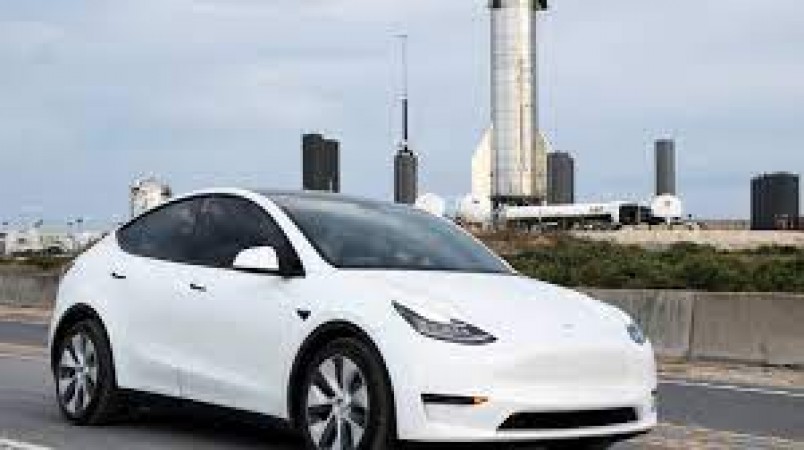
When it comes to the automotive industry, Honda is undoubtedly a name that resonates with people worldwide. Known for its reliable vehicles and innovative technologies, Honda has secured a prominent place in the hearts of car enthusiasts. But who exactly owns Honda? In this article, we will delve into the history of Honda, its ownership structure, key stakeholders, and its significant contributions to the automotive world.
The Founding of Honda
Honda, one of Japan's most famous automotive companies, was founded on September 24, 1948, by Soichiro Honda and Takeo Fujisawa. The company's humble beginnings took place in a small workshop where they initially produced piston rings. As their determination and ingenuity grew, they expanded their operations and began producing motorcycles in the early 1950s.
Honda's Early Years
In the 1960s, Honda ventured into the international market and introduced its automobiles, beginning with the compact T360 truck. This move marked the company's entry into the highly competitive automotive industry. Honda's early cars gained popularity due to their fuel efficiency, reliability, and affordability, which appealed to a wide range of consumers.
Expansion and Global Presence
As the demand for Honda vehicles surged, the company expanded its manufacturing facilities globally. Today, Honda has production plants in various countries, including the United States, Canada, China, India, and the United Kingdom, enabling it to meet the needs of its diverse customer base.
Ownership Structure and Shareholders
Honda is a publicly traded company, listed on the Tokyo Stock Exchange and the New York Stock Exchange. As such, ownership is distributed among numerous shareholders, including institutional investors and individual stockholders. The largest shareholders typically hold significant stakes and influence the company's decision-making processes.
Honda's Management Team
The day-to-day operations of Honda are overseen by a competent management team comprising experienced executives and industry experts. The CEO, supported by top-level executives, plays a crucial role in guiding the company's strategic direction and ensuring its continued success.
Honda's Corporate Social Responsibility
Honda has always emphasized its commitment to corporate social responsibility (CSR). The company actively engages in initiatives aimed at environmental conservation, community development, and supporting underprivileged populations. This approach has helped solidify Honda's reputation as a socially conscious and environmentally responsible corporation.
Innovations and Technological Advancements
Innovation has been a driving force behind Honda's success. The company continuously invests in research and development, focusing on cutting-edge technologies for improved safety, fuel efficiency, and driver experience. Honda's dedication to innovation has earned it a prominent position as a leader in the automotive industry.
Honda's Contributions to the Automotive Industry
Over the years, Honda has introduced groundbreaking technologies and pioneered new trends in the automotive sector. From the introduction of the revolutionary VTEC engine to the development of hybrid vehicles like the Insight and Clarity, Honda has left an indelible mark on the automotive world.
Honda's Business Partnerships
To strengthen its market position and explore new opportunities, Honda has engaged in strategic partnerships with other companies. Collaborations with technology firms, research institutions, and fellow automakers have allowed Honda to broaden its horizons and tackle new challenges together.
Brand Reputation and Customer Loyalty
Honda's commitment to quality, reliability, and customer satisfaction has earned it a loyal customer base. The brand's reputation for producing durable and dependable vehicles has led to strong customer loyalty and repeat business, further solidifying Honda's position in the automotive market.
Competitors in the Automotive Industry
In the competitive automotive landscape, Honda faces tough competition from other global automakers. Brands like Toyota, Ford, General Motors, and Volkswagen are among Honda's primary rivals, vying for market share and consumer attention.
Future Outlook for Honda
As technology continues to evolve and consumer preferences shift, Honda faces exciting opportunities and challenges ahead. The company's emphasis on innovation and adaptability will be critical in navigating the changing automotive landscape successfully. Honda's journey from a small workshop to a global automotive giant is a testament to the vision, perseverance, and dedication of its founders and employees. With a strong commitment to innovation, environmental responsibility, and customer satisfaction, Honda remains a significant player in the automotive industry.
Where is Honda Made: A Global Manufacturing Journey Unveiled
A Tale of Paths: Revolutionaries vs. Transfer of Power in India's Quest for Freedom